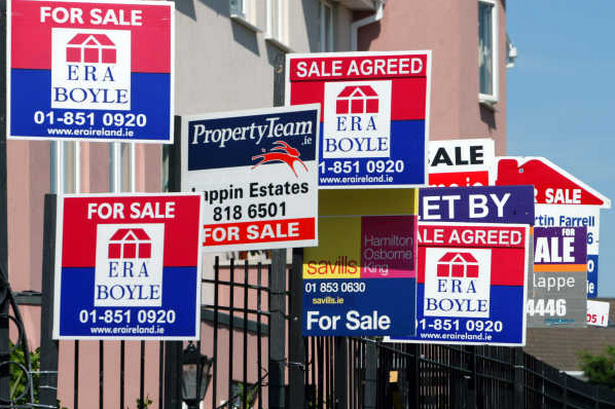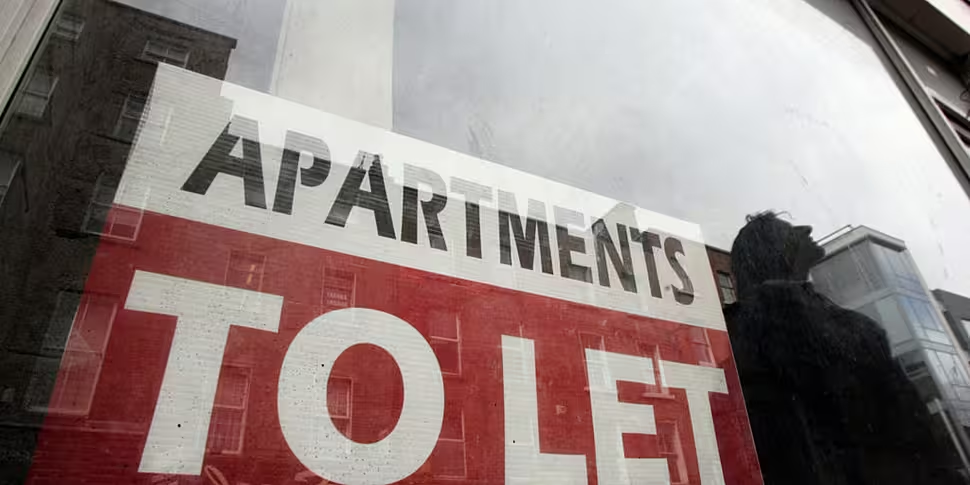New research says rental price inflation fell by up to 3% since 2016 in Rent Pressures Zone areas.
The study commissioned by the Residential Tenancies Board (RTB) also shows high levels of satisfaction in tenant-landlord relationships.
Rent inflation has dropped from just over 9% for the seven quarters before Rent Pressures Zone (RPZ) regulations, to just under 6.4% in the seven quarters since.
In non-RPZ areas, the average rent growth before and after the policy was virtually the same - with only a 0.24% decline.
There are now 65% of tenancies in RPZs - with a majority of tenants said to have a positive relationship with their landlords.
Some 80% of those surveyed said their relationship was 'positive' (46%) or 'very positive' (34%).
 File photo
File photoFor landlords, 86% were satisfied (32%) or very satisfied (54%) with their current tenants.
While half of all tenants interviewed (51%) indicated they feel 'fairly secure' in their tenancy, with 28% feeling 'very secure'.
But security appears to differ according to how familiar people are with their rights.
Those with lower familiarity of their rights are less likely to feel secure.
Rosalind Carroll is Director of the RTB.
"Since the introduction of RPZs over two and a half years ago, we've seen significant debate around their effectiveness."
"We have commissioned this research to gain a better insight on the impact on both landlords and tenants, and on rental trends."
"This is the first in-depth analysis of the impact of the RPZs, which will help inform and strengthen future strategy and most importantly government policy going forward."
This research comes after new zones were introduced in 19 areas across 11 counties.
The RTB is also launching a national public awareness campaign on changes to rental law.
It will run for six weeks from July 15th - and include digital, social media, radio and outdoor advertising.
The objective is to help landlords and tenants understand the recent changes.
Ms Carroll adds: "This research clearly demonstrates the need for the RTB to continue to support both landlords and tenants in improving awareness about their rights and responsibilities."









